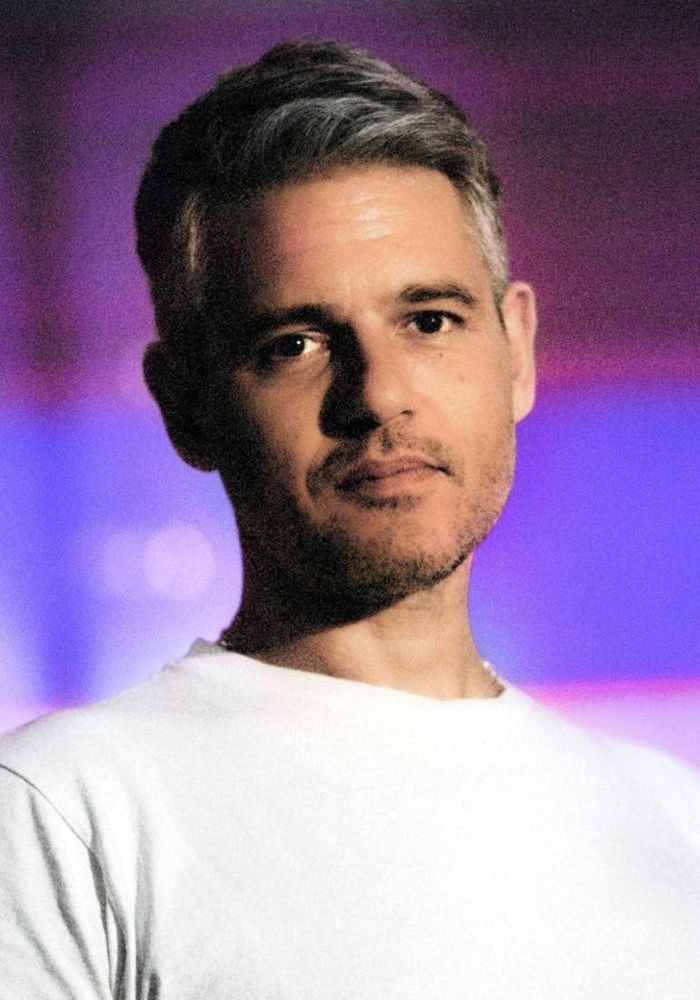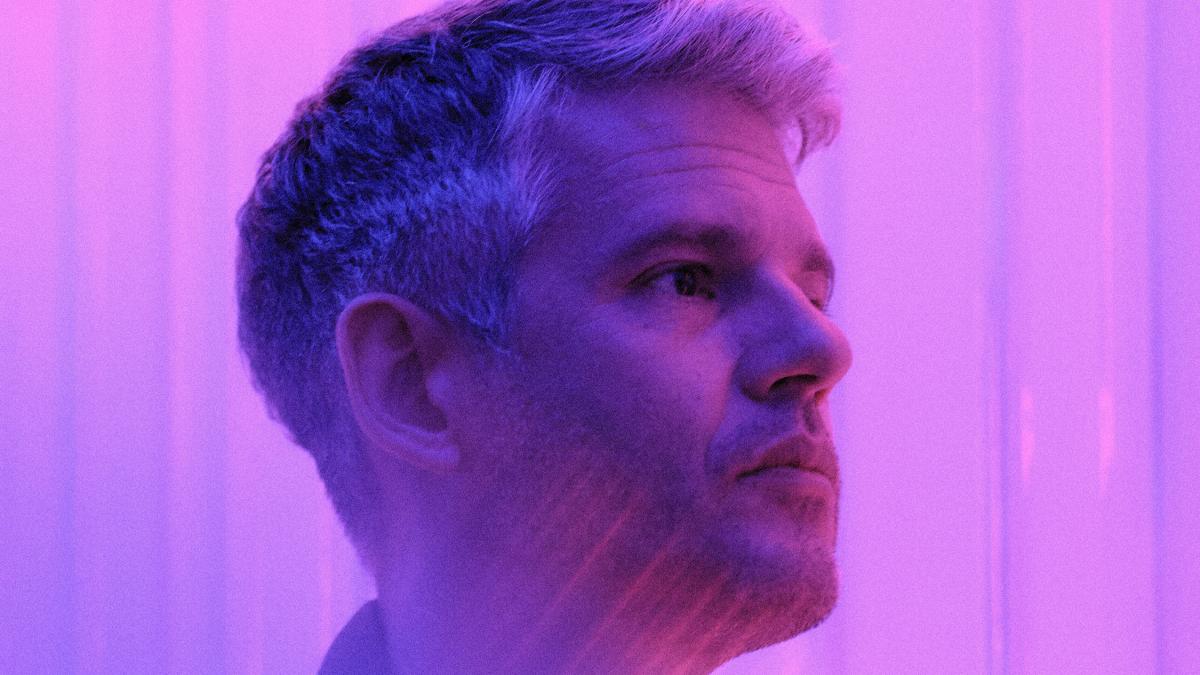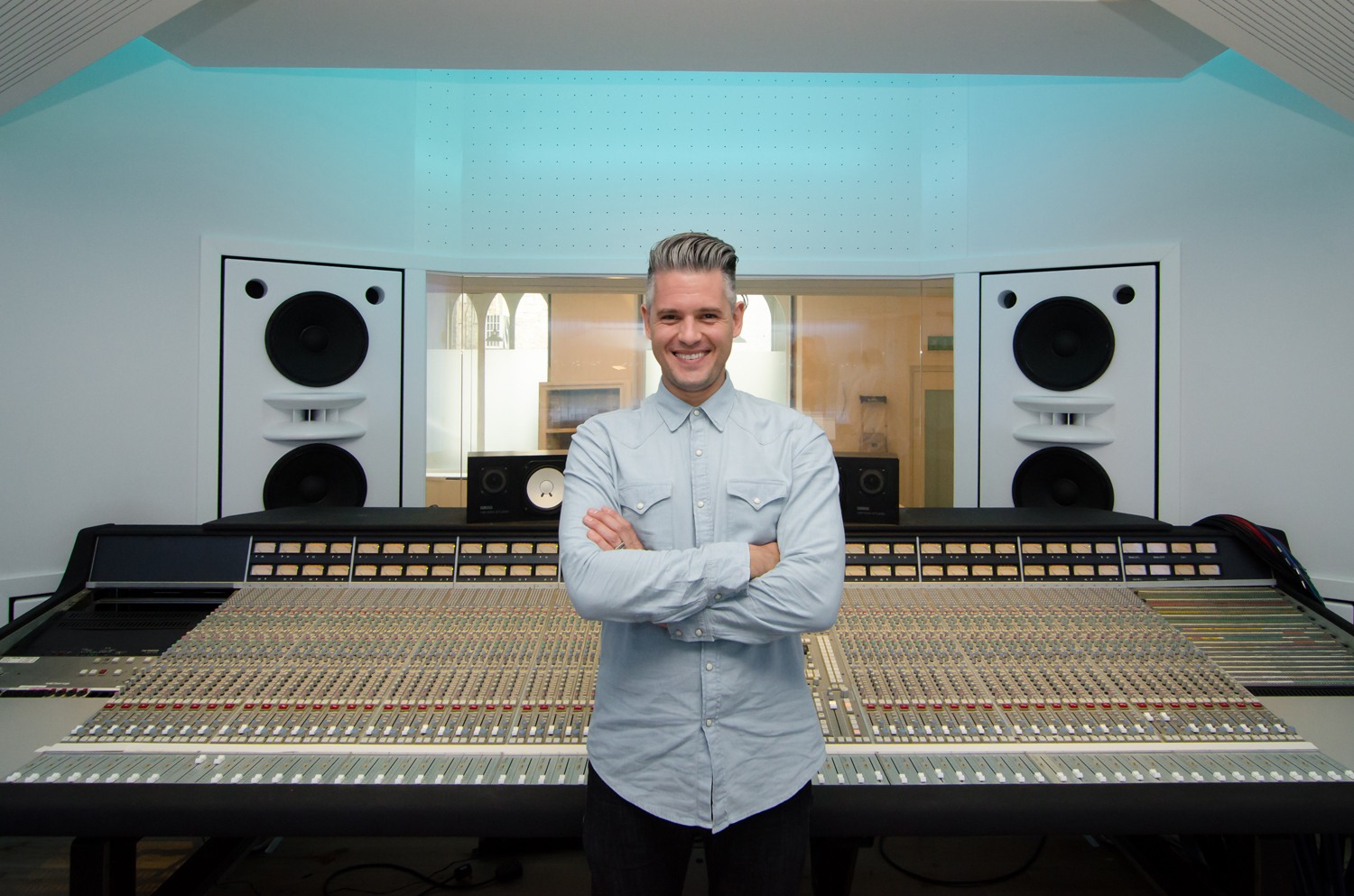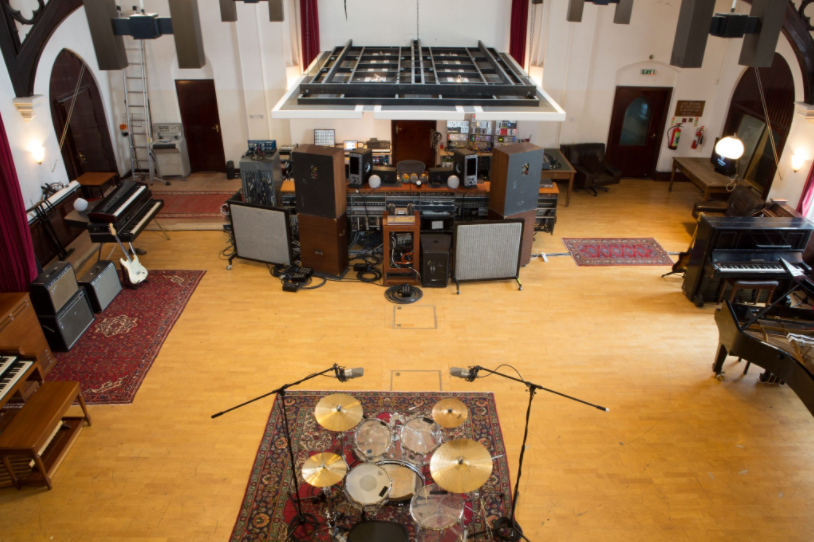Headliner catches up with seven-time Grammy and Academy Award-winning producer, musician and songwriter Paul Epworth on location at his stunning North London studio complex, The Church, to chat about life during lockdown, championing new talent, and the art of music production.
While the world waits in eager anticipation for the arrival of Adele's fourth studio album 30 next month, it was late 2010 and early 2011 that saw the release of the acclaimed Epworth co-written and produced worldwide number one single Rolling in the Deep from the Tottenham singer's second record, 21 - the best-selling album of the 21st century, the fourth best-selling album of all time, and the best-selling album by a solo artist of all time.
The pair continued to enjoy peak success together, bagging both the Golden Globe and Grammy Best Original Song Award in 2013 for Skyfall. Epworth also co-wrote and produced two tracks for Adele's third album 25, which won Album of the Year at the 59th Annual Grammy Awards. And with the release of Adele's latest offering drawing ever closer, the star once again stole the headlines this week when it was announced that she had signed a new deal with Columbia Records UK, making her a major label artist in her homeland for the first time, having previously been signed to independent label XL Recordings.
If there’s one thing that Epworth undoubtedly holds in abundance, it’s his incredibly strong work ethic. The UK lockdown however meant that for the first time in 30 years of working in recording studios, his focus fully shifted to his home life.
“Right at the beginning of March last year, a mutual friend dropped into the studio on a Friday night just to say hello,” he recalls. “I woke up to a text the following day saying he’d been with someone who’s tested positive, so I literally just shut everything down and sent everyone home, with a view to sit back and see how things gradually unfold.
The Church Studios was completely closed for around three months in the end, until the record label came knocking – saying that Epworth’s debut studio album, Voyager, had to be delivered soon.






